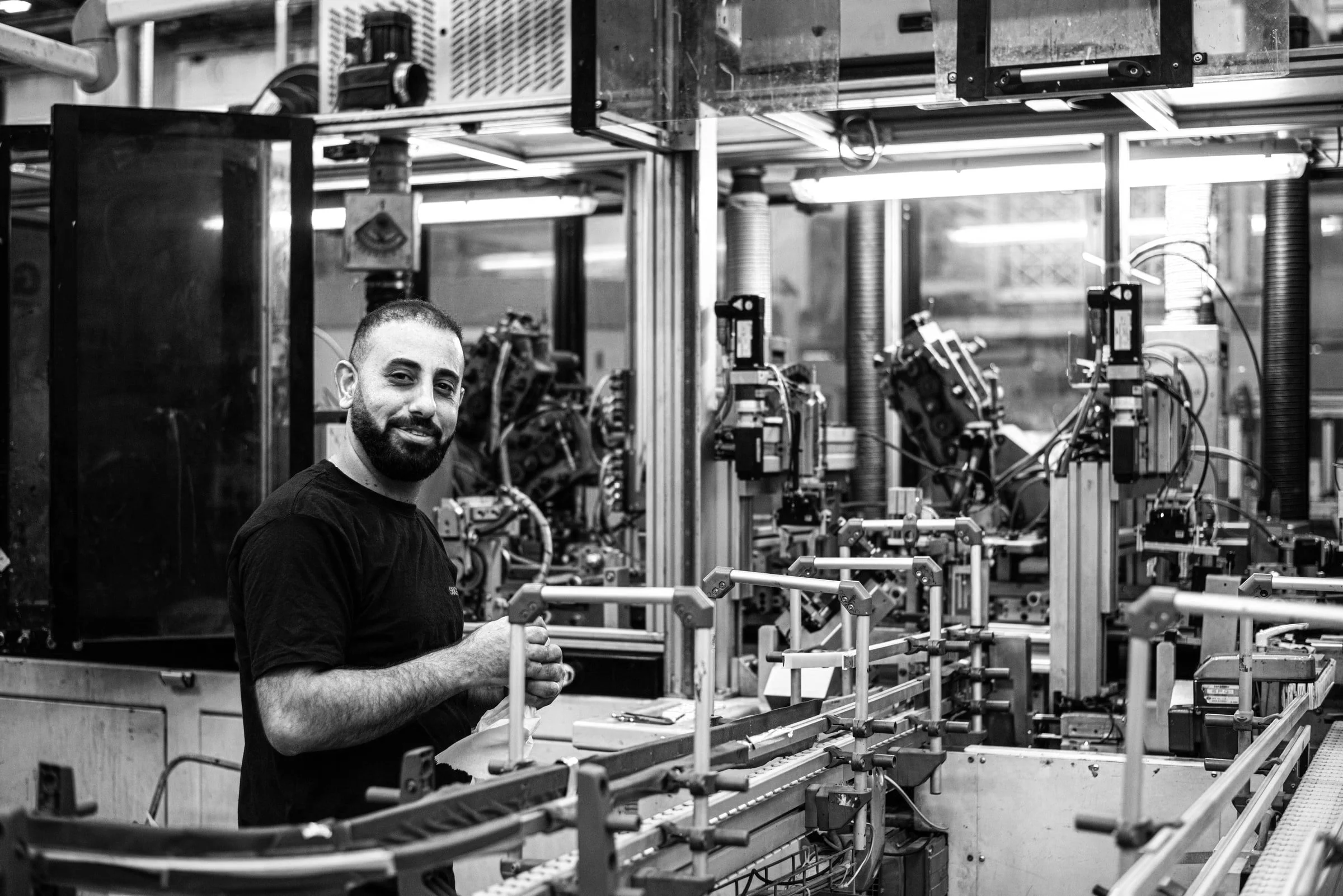Well, it’s been a challenging couple of years hasn’t it! I hope that you and yours have remained healthy and well in such strange circumstances. I’ve been at home in France for most of the pandemic and have taken the time to really reflect on how I can better help people and organisations to flourish together in the future. After exploring recent research, some new books and re-visiting some (very) old ones, I’ve come back full circle to the strong conclusion that for work to be meaningful, our roles and organisations have to be meaningful too.
Meaningful isn’t necessarily something grand or audacious. It took Covid-19 to remind us how fundamentally important retail and frontline care work is to our society, while the absence of live entertainment, sport, art and hospitality were all keenly missed. The question I’ve been asking myself is, how can we make sure that we sustain a sense of meaning and importance as we slowly emerge back into the post-pandemic world?
Moving forward, I’m ever more convinced that fundamental to the success of that idea is purpose – a sense of personal purpose aligned with the purpose of the organisations we work with and within. Fulfilment comes from making a contribution to something bigger than ourselves, from a sense of ownership and from developing our own capacity and the ability to make a difference.
What stands in the way of that?
Most organisations face the same challenge – achieving their outcomes and improving their performance with limited resources. At the same time, most individuals want to get the best from their talents and develop their careers. Despite these seemingly aligned goals, organisations frequently falter, emerging talent gets lost in excessive hierarchy and performance development stagnates.
So where do we start?
Innovations in organisational design are part of the solution. Horizontal business practices, self-managing teams, and dynamic self-governance are examples of approaches that build a sense of ownership, empowerment and authority – by embedding purpose and responsibility into everyday working practices.
What about individual needs?
In our wider lives we quite comfortably fulfil multiple roles. For myself I can think of quite a few: husband, father, son, builder, lumberjack, financial planner, biker, martial artist and, at work, as a consultant. Each role has its own purpose and carries its own responsibilities. Different roles come to the fore at different times. I manage my capacity so that no role dominates, and in some way each role aligns with my wider sense of purpose. Most of us operate quite naturally in this way. Wouldn’t it be great if we could do the same at work?
If I apply that same thinking to my working life, I can define some specific roles that I fulfil: researcher, designer, trainer, coach, relationship manager, strategist, marketer, accountant. Again, each role has its own purpose and responsibilities. I may sub-contract out one of these roles from time to time or let go of a role more permanently – adapting so that my strengths and talents are deployed and developed in newer, more fulfilling ways and employing someone else more suited to the role that I’m vacating. Some roles might disappear entirely over time and others will continue when their purpose remains relevant. Although this ebb and flow is like most natural systems, traditional top-down organisations with a hierarchical approach often stand in the way of such flexibility.
An underlying principle that makes a role-based approach work is not only clarity of purpose and responsibilities, but the authority to act on them. The more ownership we feel, the more fulfilled and engaged we can be. Some managers find it hard to relinquish control, but even in self-managing organisations, empowerment is not abandonment – roles still need to achieve their aims and accountabilities must still be fulfilled.
So, what gets in the way of fulfilling different roles in an organisation?
Most of us are familiar with matrix working and the challenges that it can pose. I remember coaching one individual as she grappled with the complex inter-personal challenges of being weighed down by a product, regional, and functional boss – all at the same time! One of the most sustained challenges to organisational success is the damage caused by silos and siloed thinking. These issues are exacerbated when conflicting priorities are not overtly discussed, robustly debated, or explicitly agreed by the appropriate people with the relevant authority.
So, another essential element for genuine role autonomy is a clear and transparent decision-making process. I’ve blogged on this recently, so won’t go into details again here, but consent-based decision-making practises are excellent at delivering explicit decisions quickly.
Where does all this reflection lead me?
In the past I have helped organisations with alignment and the implementation of new organisational design approaches. Though effective, I recognise now that they were still predominantly organisation-centric. Over the last couple of years I’ve been reflecting more deeply on changing trends in the workplace, especially with regard to the increasing importance of individual meaning at work, self-directed personal development and the ever more porous organisational boundaries that delineate and define our workplaces.
The result has been the funding and development of a ‘Software as a Service' company called OrgPak.
OrgPak bridges the gap between organisational, team and individual needs.
I believe that this new approach can access even more of our combined potential to help both organisations and individuals to better fulfil their purpose. If you’d like to find out more about how it works, please visit the OrgPak website below.
Whatever your way of working – I hope that you have an opportunity to engage in meaningful work!

